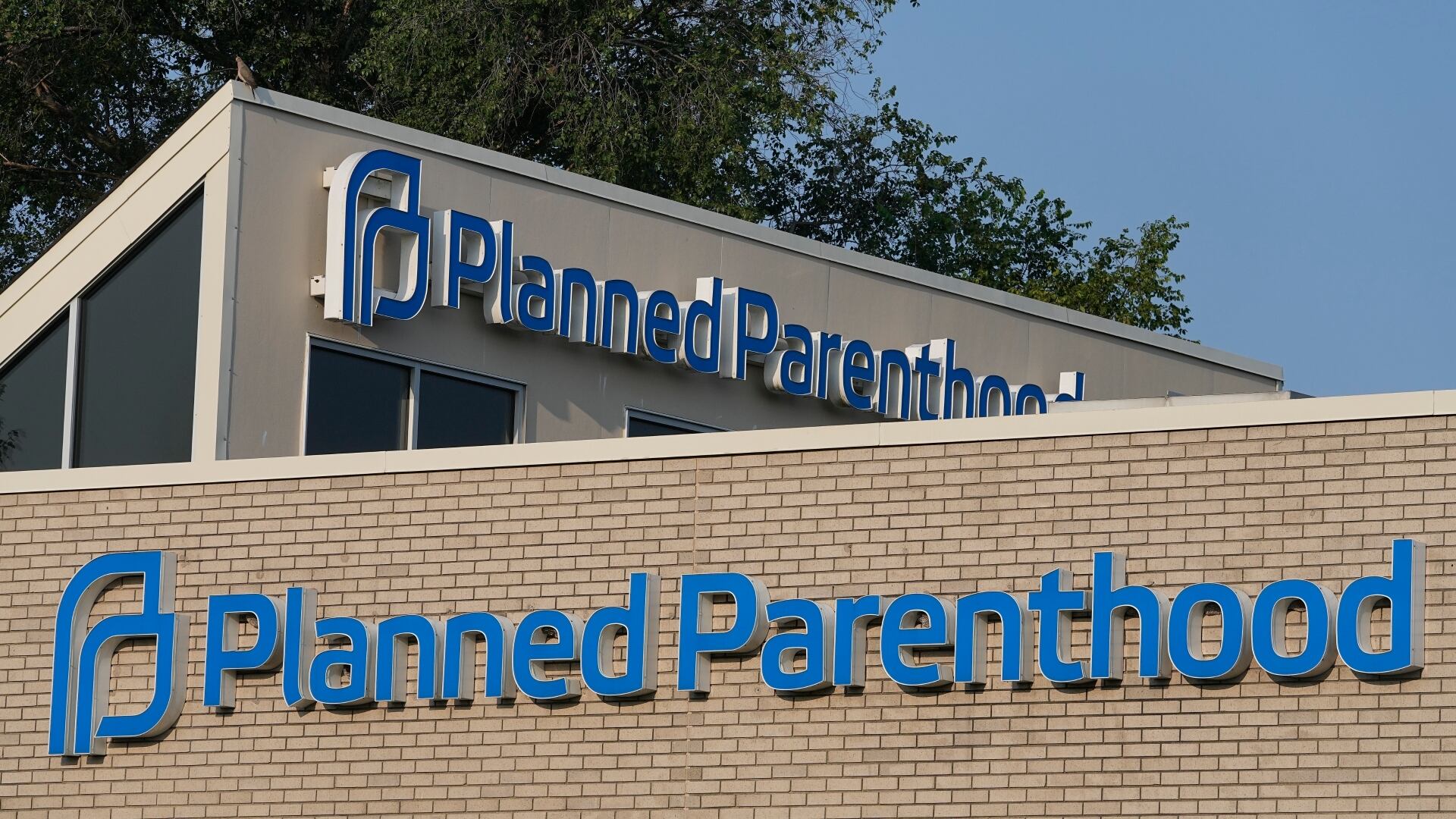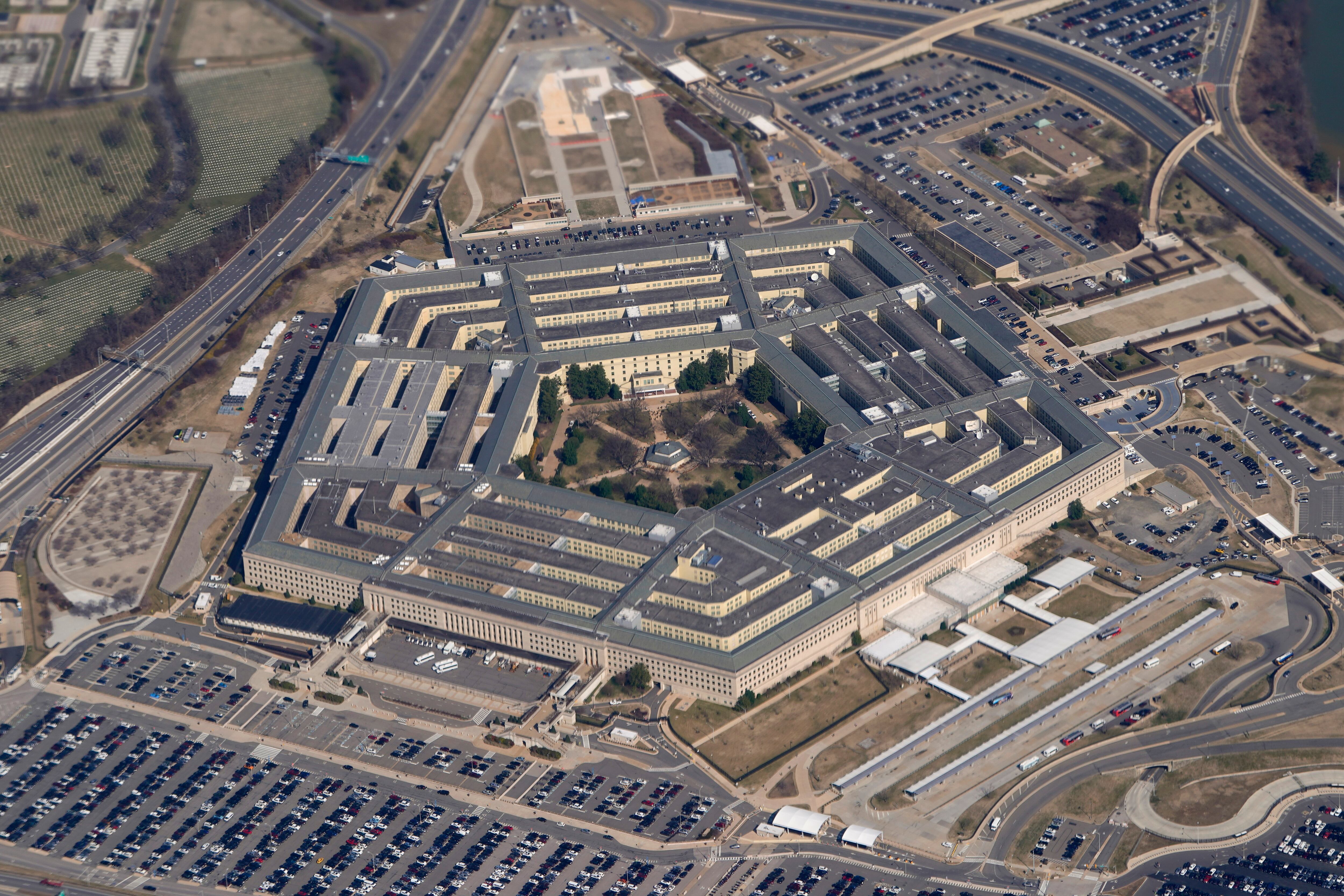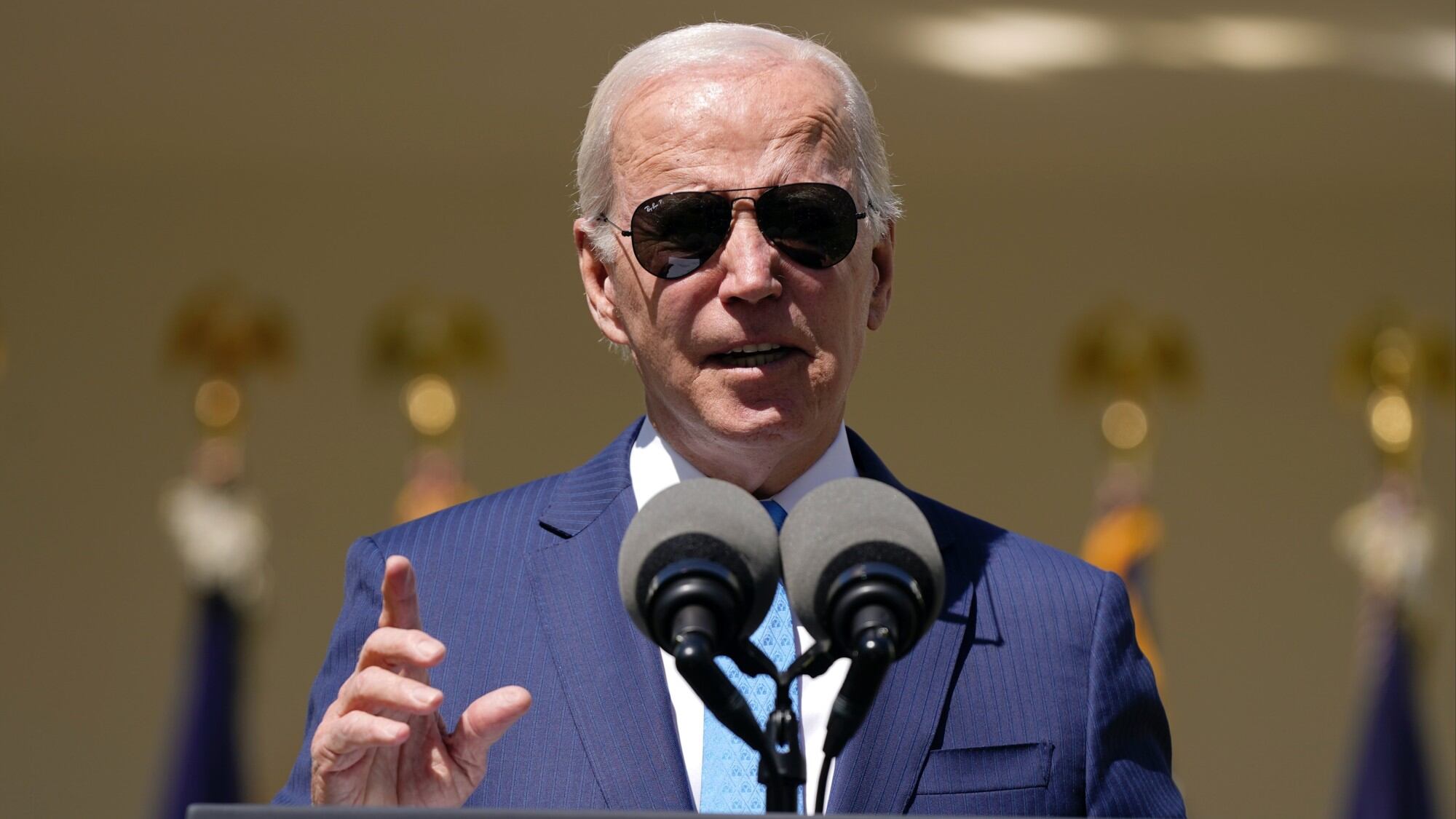President Donald Trump gave an impromptu with the New York Times Washington Correspondent Michael Schmidt at his Mar-A-Lago property Thursday. Alexander Heffner, Host of PBS' "The Open Mind," explains what this interview reveals about the relationship between Trump and the media. "All forms of media will tank if I'm not there because without me, their ratings are going down the tubes," Trump told the NYTimes. Heffner says the report in the New York Times showcasing a thirty minute conversation with Trump amplifies the president's microphone. "There is incest in every situation with Trump and the media," said Heffner. "There's incest when you want access." Schmidt reportedly crossed paths with Trump while he was meeting Newsmax founder Chris Ruddy at the Florida resort. "We have to acknowledge--I think--on part of the media that its important that we use discretion, deliberation, precision in our reporting of this administration," says Heffner.












